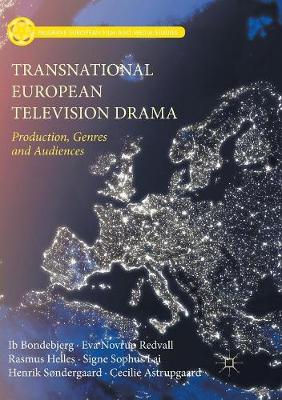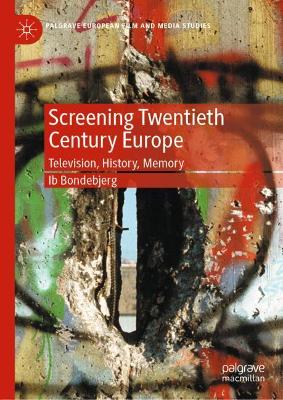Palgrave European Film and Media Studies
2 total works
Transnational European Television Drama
by Ib Bondebjerg, Eva Novrup Redvall, Rasmus Helles, Signe Sophus Lai, Henrik Sondergaard, and Cecilie Astrupgaard
This book deals with the role of television drama in Europe as enabler of transnational, cultural encounters for audiences and the creative community. It demonstrates that the diversity of national cultures is a challenge for European TV drama but also a potential richness and source of creative variation. Based on data on the production, distribution and reception of recent TV drama from several European countries, the book presents a new picture of the transnational European television culture. The authors analyse main tendencies in television policy and challenges for national broadcasters coming from new global streaming services. Comparing cases of historical, contemporary and crime drama from several countries, this study shows the importance of creative co-production and transnational mediated cultural encounters between national cultures of Europe.
This book offers a comparative study of historical television genres in Europe, with a special focus on Germany and Great Britain and their way of narrating twentieth century European history. The book analyses our common European past and memory through central historical television narratives. Each chapter looks at how historical TV genres, fictional and documentary, have dealt with the most salient and defining periods, events and changes in the twentieth century— an age of extremes. Bondebjerg offers unique theoretical and analytical insight into the role of television in mediating and shaping the past. The book explores television’s creation of transnational cultural encounters across Europe in relation to our common and national past. The book addresses how television has influenced our understanding of history, collective memory and public debate over the twentieth century. It is fundamentally a book about the importance of the past in present day Europe and the centrality ofmedia for transnational understanding.

